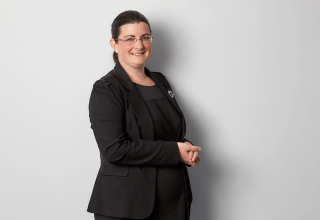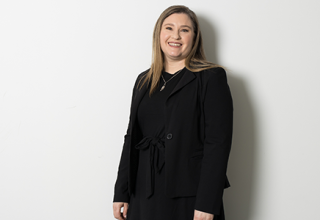Are councils obliged to provide a forum for unpopular views?

Are councils obliged to provide a forum for unpopular views?
Monday 26 July, 2021
Councils have been in the news recently in relation to their obligations under the New Zealand Bill of Rights Act 1990 (BORA). Around New Zealand, councils have been struggling to balance the rights of freedom of speech and freedom of assembly with their reluctance to provide controversial groups the opportunity to air their views in council facilities and public spaces. Two recent court decisions provide some guidance to help councils navigate this difficulty.
Auckland Council and the “alt-right”
Regional Facilities Auckland Ltd (RFAL), wholly owned by Auckland Council, agreed to hire the Bruce Mason Centre in Takapuna to Axiomatic Media Pty Ltd (Axiomatic) to host overseas speakers. RFAL was later made aware that the speakers held highly controversial “alt-right” views and that Auckland Peace Action intended to blockade the venue to prevent the event proceeding. Due to the Centre’s location and the anticipated difficulties of managing protestors, attendees, traffic, and local business needs, RFAL decided to cancel the booking based on health, safety and security concerns.
The decision was challenged in the High Court and then appealed to the Court of Appeal. The Court of Appeal agreed that RFAL’s decision was reviewable and involved the rights to freedom of speech and assembly, but upheld RFAL’s decision to cancel the booking, because the evidence demonstrated that RFAL was concerned with practicalities, including cost, protecting the venue, managing disruptions to local businesses and safety in the event of evacuation. The Court was critical of Axiomatic’s failure to disclose the controversial nature of the event or raise potential security concerns when making the booking, which in turn limited RFAL’s ability to proactively address safety issues. The Court held that the decision to cancel was a rational and reasonable response to the security risks, so was a justified limitation on the rights to freedom of expression and peaceful assembly.
Palmerston North City Council and Stand Up for Women (SUFW)
SUFW takes a “gender critical” position to sex, which is described as transphobic by transgender rights groups. It is opposed to the government’s sex self-ID proposals in the Births, Deaths, Marriages and Relationships Registration Bill, which the government intends to pass later this year. A SUFW supporter arranged to book a venue at the Palmerston North City Library for an event to discuss its views on the proposed Bill and sent the Library some proposed promotional material for the website and posters. Two weeks later, the Council advised it was cancelling the scheduled talk and replacing it with a facilitated debate on the Bill to which SUFW would be invited.
SUFW challenged the decision and the High Court held that the original SUFW event should go ahead, because the Council’s decision to cancel it was a significant breach of SUFW’s BORA rights. Unlike the Auckland decision above, SUFW had not misled the Library regarding the nature of the event or SUFW’s stance on the legislation they would be discussing. There was no evidence that Library staff or the Council had had safety concerns for themselves or anyone else. The Court considered that the decision to cancel was based on Council sensitivity to strong community opposition to SUFW, which was not a rational and reasonable limitation on BORA rights.
A potential compromise?
Councils may feel that they are currently facing a no-win situation. If they hire venues to controversial groups, they face significant criticism and protests from constituents. If they refuse, they may face legal action for breaching the BORA. We may find more councils adopting Wellington City Council’s recent approach. The Council hired the Michael Fowler Centre to SUFW, but during the event lit the Centre up in the colours of the transgender flag to demonstrate its support for the transgender community.
The Auckland decision has been appealed to the Supreme Court, which will hopefully provide more guidance for councils on how to balance their obligations under the BORA and their health and safety obligations. We will keep you posted.
If you have any questions in relation to this article, please get in touch with one of our experts below.




